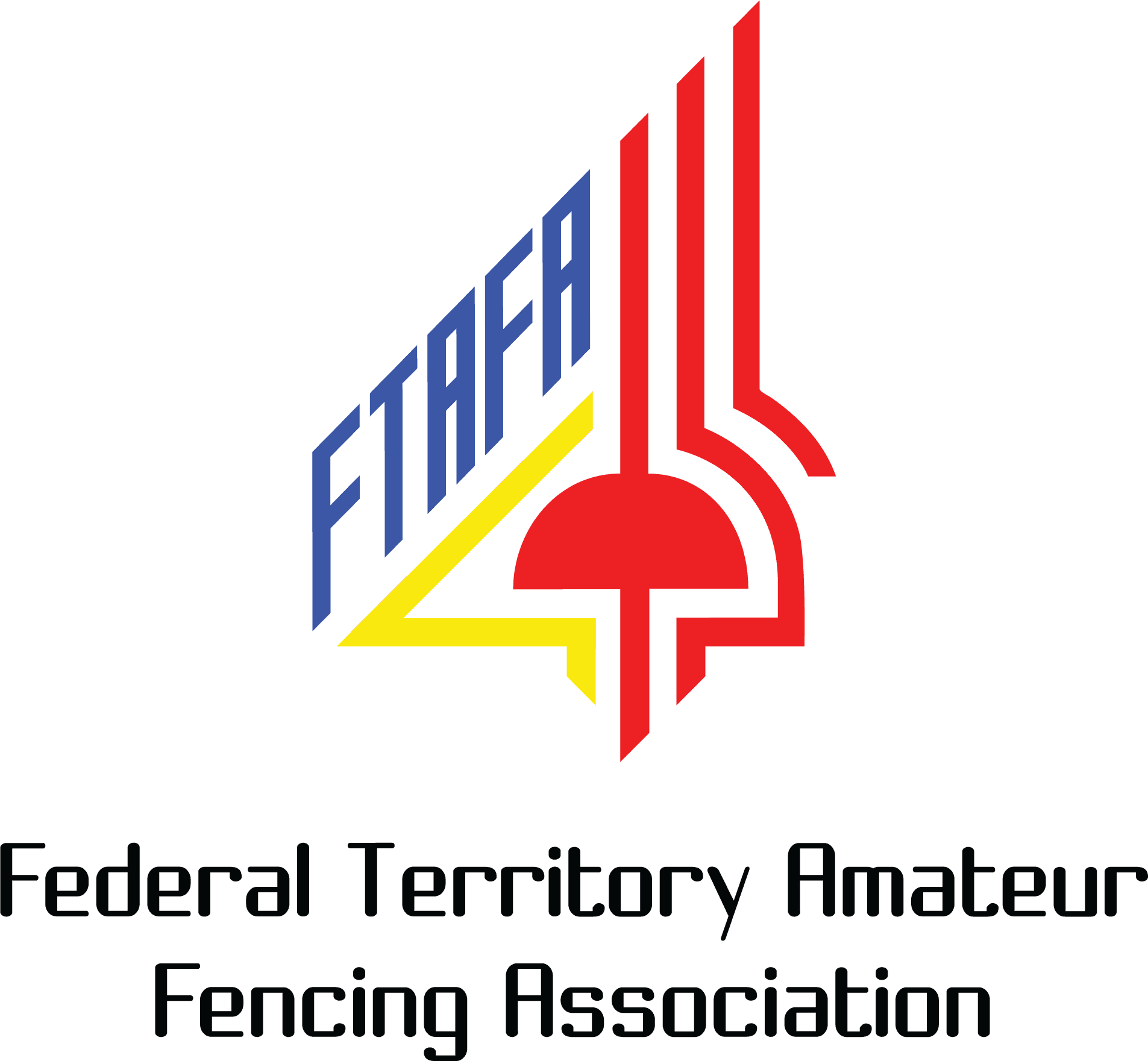Fencing – The Weapons
Epee
Epee is a heavier, thrusting weapon, originally used for dueling. Hits can be scored anywhere on the body. One-hit epee is one of the five disciplines of Modern Pentathlon.
Foil
Foil is a light, thrusting weapon, originally used for training soldiers to fight in battle. The target is limited to the trunk of the body, including the back but not the arms or head.
Sabre
Sabre is a cutting and thrusting weapon, originally used by cavalry soldiers. The target area is limited to everything above the hips, except for the hands and the back of the head.
ABOUT PARA FENCING
Originally devised at Stoke Mandeville Hospital in the UK, the sport then known as competitive wheelchair fencing was first introduced in 1953 and has been a Paralympic sport since Rome in 1960. Popular in Europe since its inception, the sport is now practised in 73 countries worldwide.
Para fencing is static: the fencers are clamped to the piste using a metal frame. Beyond this, the sport is largely similar to its standing counterpart.
Eligibility
In order to compete in fencing at the Paralympic Games, athletes must compete while sitting in a wheelchair. If you have an impairment to your lower limbs, or an impairment to balance, and are unable to fence on an equal footing with standing athletes, you may be eligible to compete in para fencing.
Classification
Classification is reviewed on regular basis. There are three classes:
-
- Class A incorporates those athletes with good balance and recovery and full trunk movement
-
- Class B those with poor balance and recovery but full use of one or both upper limbs
-
- Class C athletes with a physical impairment in all four limbs
-
- Class D athletes with a visual impairment
Rules
The International Wheelchair and Amputee Sports Federation (IWAS) uses the rules of the Federation Internationale D’escrime (FIE) for para fencing. IWAS additions to the FIE rule book include regulations regarding the use and position of the wheelchair and the fencer’s clothing and equipment. Generally speaking, areas below the waist and the wheelchair are not valid target areas.


